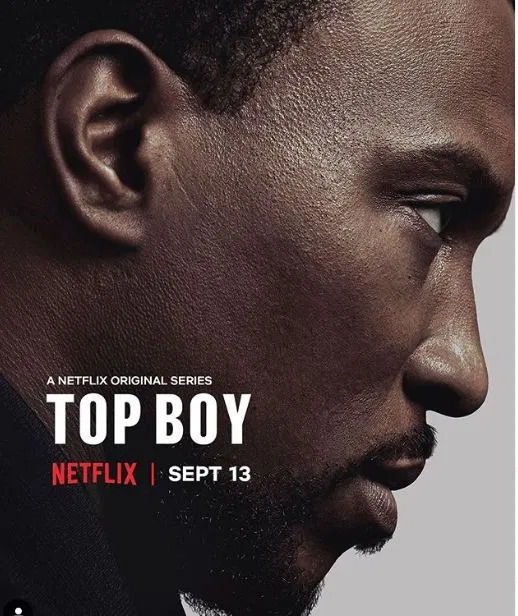Spotlight – Tom McCarthy’s graceful re-telling of Boston’s biggest abuse scandal
- harrypd21
- Feb 1, 2016
- 2 min read
Updated: Jun 28, 2019
Tom McCarthy’s well-measured and weighty recounting of the 2001 Boston Globe’s “Spotlight” investigation into systemic child abuse in Boston’s Catholic Churches is pleasantly (perhaps a dangerous word to use considering the material) without thrills and shocking to the very end.
In 2001, Walter Robinson (played through gritted teeth by Michael Keaton) heads up the investigative “Spotlight” department of one of Boston’s biggest newspapers. With the new arrival of editor and “outsider” figure Marty Baron (Liev Schreiber; importantly, a Jew) the group is tasked with revisiting the case of paedophile priest John Geoghan, and whether the Archbishop of Boston – Cardinal Law, along with countless others, was aware of widespread systematic child abuse within the Catholic Church.
“If it takes a village to raise a child, it takes a village to abuse one”
McCarthy’s without-frills, almost backseat approach to Spotlight rightfully allows both the ensemble cast and the jaw-dropping plot to move unencumbered. A standout performance from twitchy loner Mark Ruffalo (hunched body language reminiscent of his turn in Foxcatcher) is perhaps the only example of any of these actors (including a ferrety Rachel McAdams and compassionate-hack Brian d’Arcy James) stealing the “spotlight” and means the plot equally builds with momentum yet, without any real peaks and troughs, bar one Ruffalo-outburst– something that I cannot remember saying of a film for a long time.
Starting with a single priest, John Geoghan, the gravity of the situation is forebodingly increased as the Spotlight team come into contact with survivors (literally, those who have not killed themselves as a direct result of child abuse); priests (themselves trapped in a seemingly unending cycle of generational receiving and perpetration of abuse); and lawyers who settled these numerous cases – from 1 to 13, up to 249 cases. Tactfully giving a humanistic side to the story, McCarthy’s inclusion of victim’s testimonials drives the story without giving over the thriller-esque pace, reminiscent of All the President’s Men unsurprisingly, of heated courtroom encounters, phones being slammed, and general newsroom testosterone.
Most impressive, and indeed shocking, is the butterfly effect from the harrowing abuse and subsequent cover-ups – be it the code-words of “sick leave” or “leave of absence” for paedophile priests on their registers; the measly out-of-court settlements and statutes of limitations for victims; or, arguably most importantly, the cultural and social pressures of shame and guilt that probably posit the final and lengthy list of major child abuse cover-ups in the Catholic Church (think, the end of Cry Freedom) as, tragically, just the tip of the iceberg.
With such capable film-making and relevant, interesting source material, Spotlight may yet see an Oscar for Best Picture.
Spotlight in cinemas now.





Comments